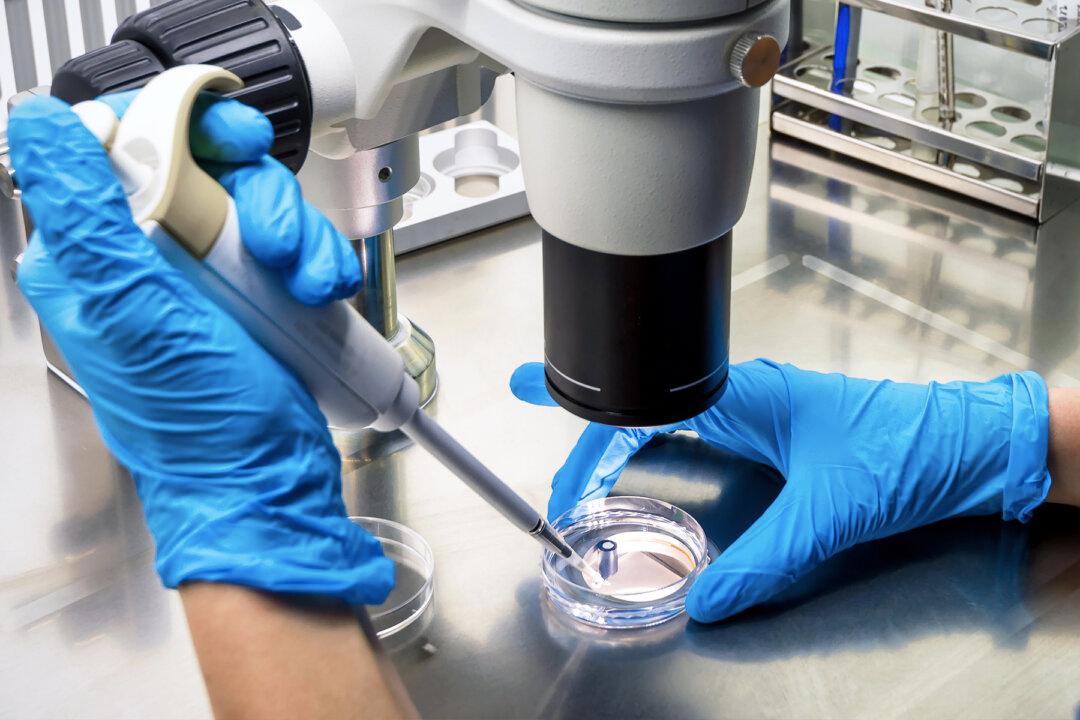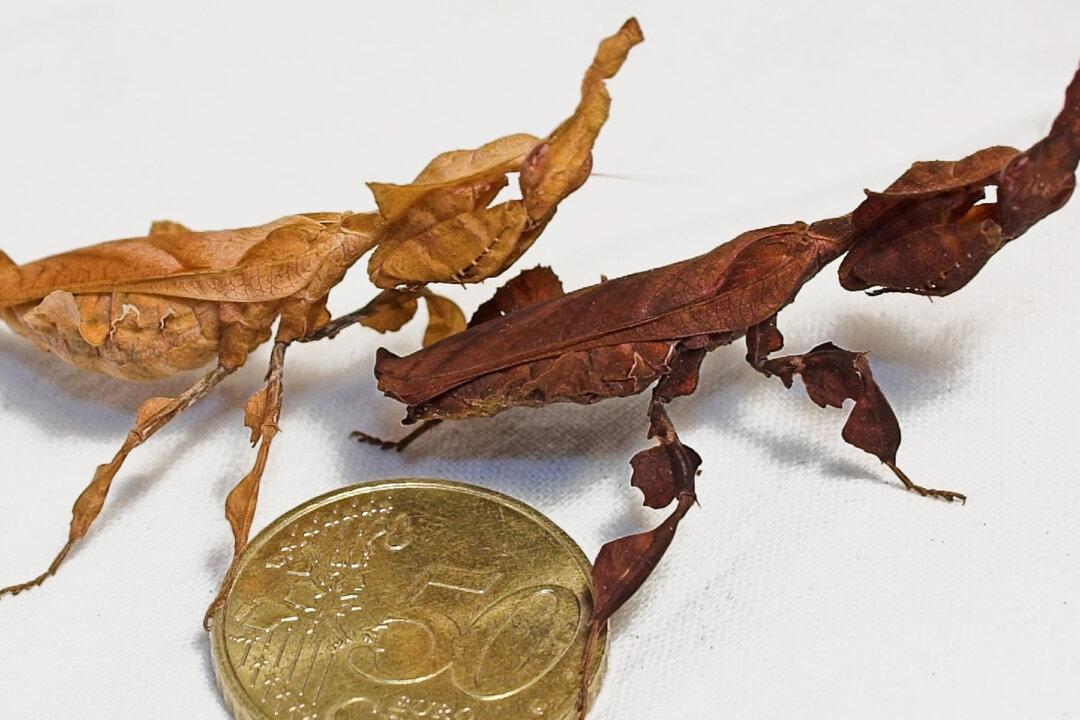While cancer survival rates have increased greatly over the past decades, certain kinds of cancers remain extremely resistant to treatment except by devastating rounds of chemotherapy and invasive surgeries.
But a California-based surgeon, Dr. Yuman Fong, has invented what might be one of the most effective forms of immunotherapy that offers the prospect of simultaneously destroying cancer while strengthening the body’s natural defenses.




